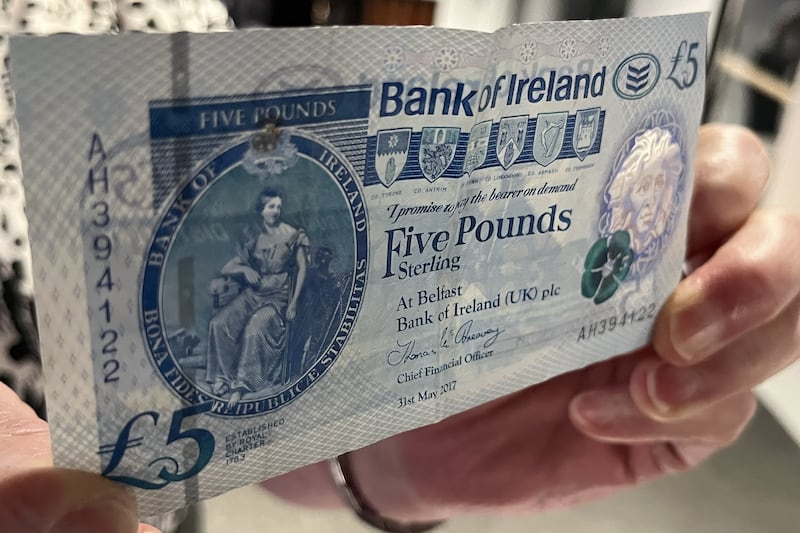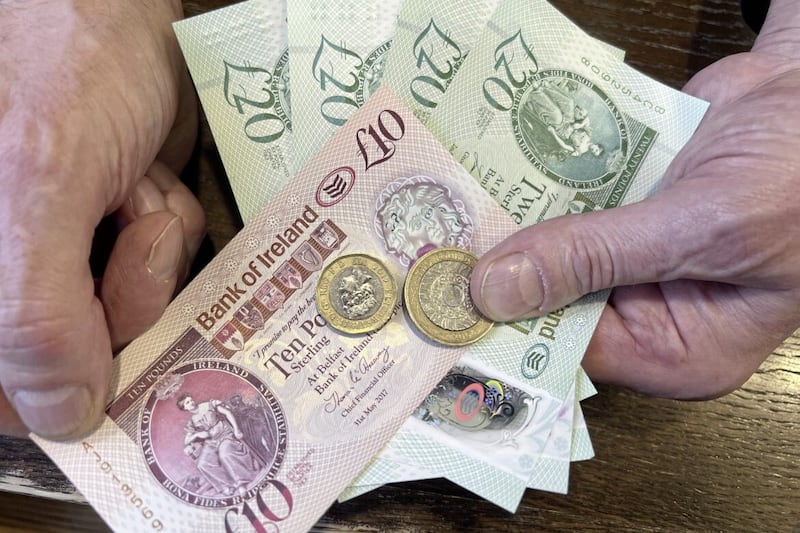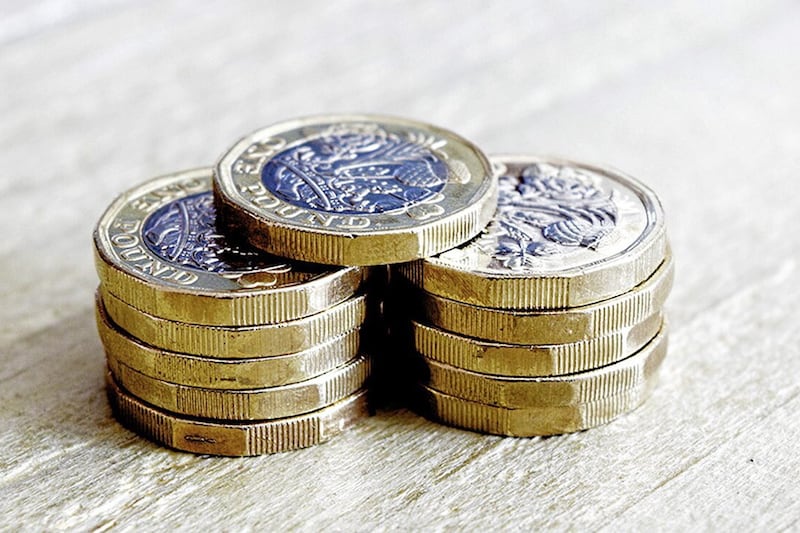HOUSEHOLDS in Northern Ireland have the lowest amount of money to spend after tax and essential bills in the UK according to the latest research.
The Asda Income Tracker has revealed that the north continues to have the lowest discretionary income, with family spending power standing at just £100 per week, a fall of 1.8 per cent on the same period last year. By comparison households in the UK as a whole had £197 to spend last month, down 94p on 2016.
Only households in London and Yorkshire had more discretionary income in in July, August and September compared to the same period last year – all other regions, including Scotland and Wales saw a decrease in the amount of money families had to spend after essential bills and taxes.
There was some positive news though as Northern Ireland was second only behind London in terms of income growth over the year, recording a rise of 2.2 per cent. Unemployment levels, while still above the UK average, have also fallen.
However, the rise in the cost of essential spending has eaten up most of these gains leading to a near standstill in income tracker growth between the two quarters.
Cebr economist Kay Neufeld said the outlook for UK household remains "challenging".
"We have seen family spending power decline in five out of the last six month, underlining the mounting pressures on households’ budgets.
“The cost of essential spending has risen considerably since the beginning of the year and we expect that it will take a few more months until inflation slows down. Until then, households in regions with stronger labour markets and lower unemployment have the best chances to keep losses in discretionary income small.”
The Asda income tracker is a measure of ‘discretionary income’, reflecting the amount remaining in the average UK household
after taxes and essential items such as groceries, electricity, gas, transport costs and mortgage interest payments or rent.








